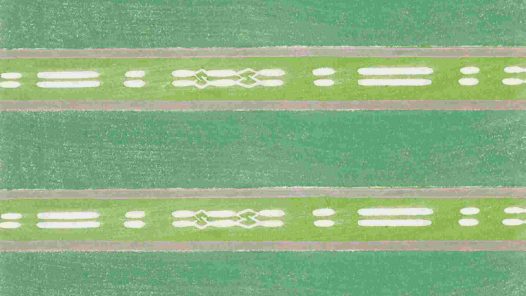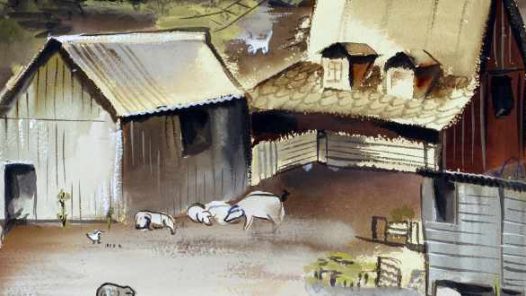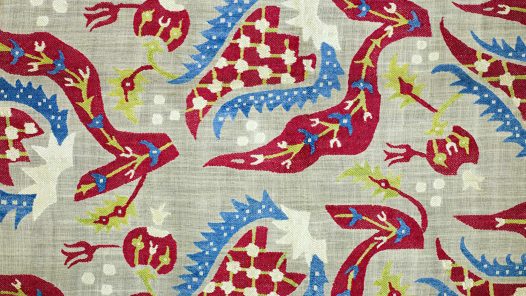Is listening to an audiobook for a book club somehow “cheating”? Is there no substitute for engaging with the printed page, or do audiobooks adds a whole new dimension? Plus, a mocktail os an artisanal beverage without alcohol. Is there...
Silas, a 10th-grader in Madison, Wisconsin, is working on his own conlang, or constructed language. He wonders how and why the French uvular R sound, as in the French word rouge, came about, as opposed to the rolled Spanish R in carro. As...
Enthusiastic book recommendations! Martha’s savoring the biography of Alexander von Humboldt, the 19th-century explorer, polymath, and naturalist who revolutionized our understanding of nature and predicted the effects of human activity on...
Don’t move my cheese! It’s a phrase middle managers use to talk about adapting to change in the workplace. Plus, the origin story of the name William, and why it’s Guillermo in Spanish. And a five-year-old poses a question that...
It’s Book Recommendation Time! Martha’s makes an enthusiastic case for The Invention of Nature: Alexander Von Humboldt’s New World (Bookshop|Amazon). It’s historian Andrea Wulf’s biography of the polymath, adventurer...
Justin in Dallas, Texas, is curious about the origin of the name William, and why the Spanish version is Guillermo. Its popularity goes back to the days of William the Conqueror. Modern languages have several versions of this name, such as German...







